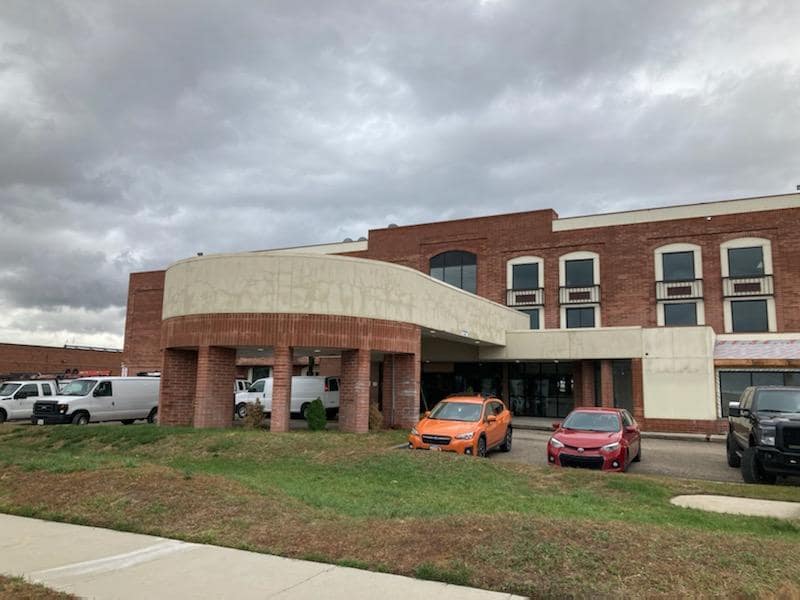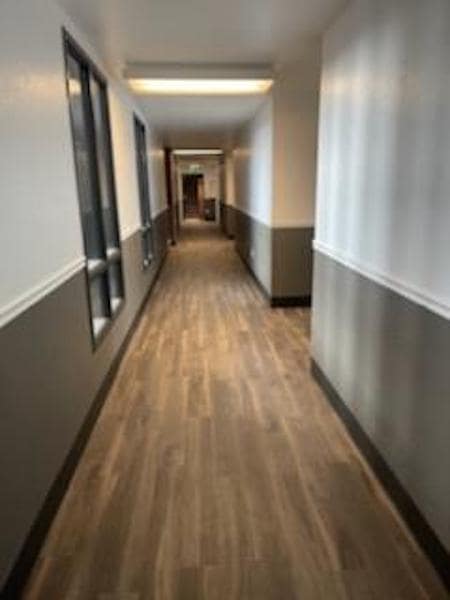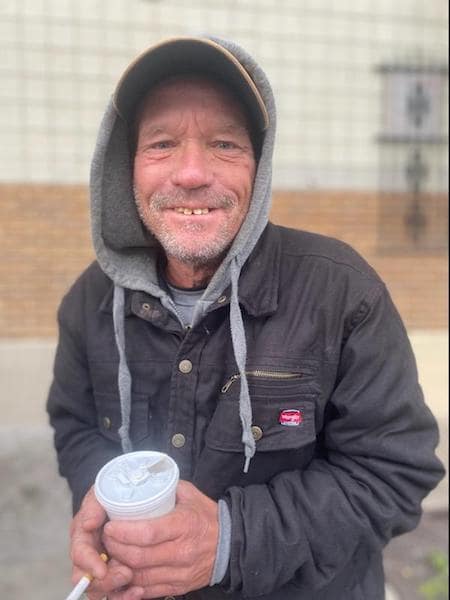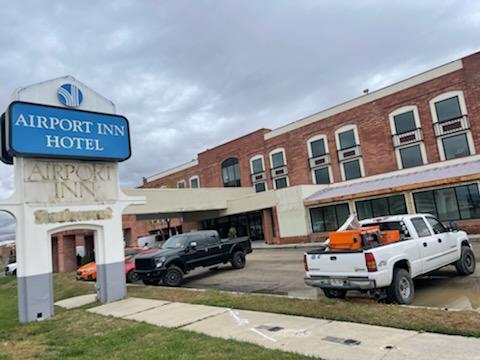
The ongoing homeless problem in Salt Lake is a tough one to solve. Homeless shelters are running at capacity and the Tiny Home Village is still in the planning stages. So Carol Hollowell came up with an alternative solution that could get people out of the cold and off the streets.
Hollowell says her original background had nothing to do with homlessness. Born and raised in Bend, Oregon, she came from an entrepreneurial background, and she credits that with why her model is different from most homeless shelter providers.
She asked herself how her non-profit, Switchpoint, could do things differently by providing shelter while creating independence. “My business background sets it apart,” she says. “Seventy percent of the funding comes from micro enterprises and donations.”
Hollowell moved to Utah in 2009 as the volunteer director for the Five County Association of Government. Her duties included finding volunteers for events and helping those with court-ordered service to find opportunities. Many of them needed to do restitution hours for tickets, and when she started delving into why they got tickets, in a lot of cases it was because they were homeless. She thought maybe she could fix that.
She didn’t want Switchpoint to be the band-aid approach that other local homeless shelters use. “They get a meal and a bed and then they are kicked out,” she says. Hollowell wanted to find a more permanent solution to low-income housing.
Last year, while working with the Homeless Coalition running two of their winter overflow centers, she discovered that most people coming into the shelters were over 55. They were people who had money, just not enough for rent in Salt Lake’s overpriced real estate market, and they became homeless as a result.
One of the overflow facilities used last year by the Salt Lake Valley Coalition to End Homelessness was the Airport Inn. The owner was looking to sell. He agreed to let Switchpoint purchase it, and Hollowell began the process of raising funds to remodel it into The Point ― a permanent residence facility for those 55 and older who are currently homeless.

So far they’ve replaced the flooring and added countertops and sinks to each room to turn them into studio apartments. They’ve filled in the pool and turned that into a community area. They’ve had to replace all the windows, redo the roof, and do serious upgrades to the plumbing. They anticipate opening in mid-November.
The cost so far is 2.5 million dollars. The money raised has come from private, city, county, and state funds. According to Hollowell, “The local Hansen Family Foundation was a generous sponsor that enabled us to get off the ground. The foundation really cares about low income seniors and making sure the project is viable.”
Ongoing funds come from their micro enterprises, including a doggie daycare business, thrift stores, and substance abuse care, that according to Hollowell, are businesses that generate money and profit to provide for the operating costs for shelters and for those operations that don’t turn a profit, such as their domestic violence shelters.

The difference between The Point and other shelters is that the residents will be paying rent they can afford. And being in a permanent situation provides a sense of community. Hollowell found that people become isolated on the street, and she wants The Point to feel like home.
If a resident finds that their income is inadequate, they can work onsite as 1099 employees, cleaning the kitchen, driving the shuttle, or get help finding a job off campus. The idea is to help them feel valued and know they make a difference. “Not a number or entitled ― nothing for free ― not even deodorant or a coat. Their facility will be clean because they will take care of it,” Hollowell says.
Switchpoint already opened a facility in St. George ― Riverwalk Village ― a converted hotel with 55 units of 1, 2, 3, and 4 bedrooms. Another converted hotel will be opening there soon. They look for opportunities to buy older places cheaper than building from scratch.
The motivation for Hollowell is clear: “I feel strongly that my 70-year-old-neighbors shouldn’t live on the street just because they live on social security, or we’re not doing a good job as a community.”
Utah Stories is offering a series of podcasts and a documentary regarding the homeless situation in downtown Salt Lake City. For updates and news, subscribe to Utah Stories’ digital newsletter at UtahStories.com.







